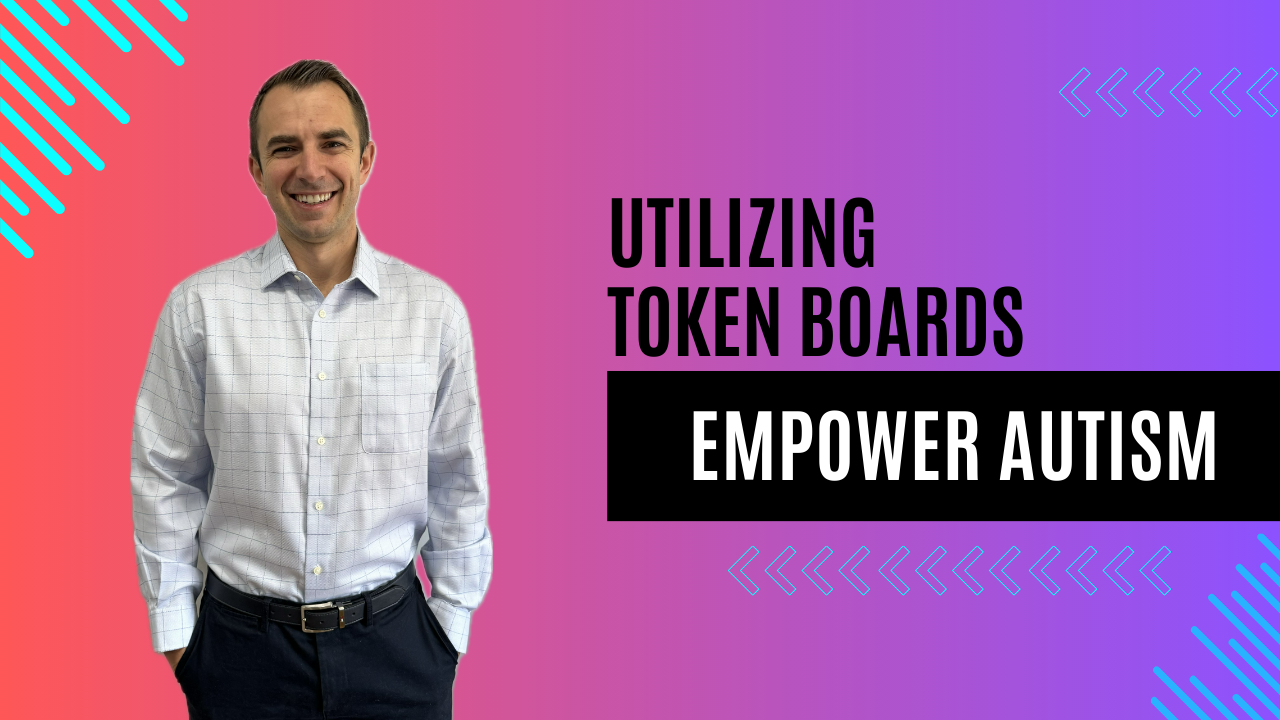
It all begins through education
Educational Videos
Parent Training Videos for Applied Behavior Analysis (ABA)
Are you looking for a way to better understand and support your child with autism? Our parent training videos for ABA are tailor-made to empower and educate you on effective strategies to help your child thrive. Now, these strategies can be utilized outside of typical clinical and home-based sessions by empowering you with the necessary information. You can now work on your own with basic skills or in conjunction with your ABA practitioner on more advanced areas to produce behavioral change.
Why choose our parent training videos?
Understanding: Our videos breakdown empirically backed ABA research by eliminating traditional technical jargon. We speak to parents on a level that understands that they have busy lives that require adaptations in ABA techniques.
Expert Guidance: Our ABA experts provide practical tips and strategies based on proven ABA principles, empowering you to create a positive and supportive environment for your child.
Convenience: Access our videos anytime, anywhere, and on any device. Our on-demand platform allows you to learn at your own pace, fitting training into your busy schedule.
Real Results: Learn how to implement ABA techniques in everyday situations, leading to positive behavior changes and improved communication with your child.
What will you learn?
Understanding ABA principles and techniques
Generate functional skills that can lead your child to an independent life
Effective strategies for addressing specific challenging behaviors
How to promote communication and social skills development
Creating structured routines and environments to support your child's growth
These educational videos should be utilized with behaviors that present a danger to the individual or others only in consultation with an ABA professional.
Check out our entire collection of courses that we have available or filter by the following options:
In this series we will demonstrate the basic principle of applied behavior analysis. Reinforcement is the crucial component of fostering behavior change. Once we understand this concept, we can begin to utilize it to help our child.
In this series we will explore different ways to expand the eating habits of individuals with autism. Poor dietary habits have contributed to increases in obesity, diabetes, and heart disease within this population.
In this series we will look at helping our child to shower independently. We will explore how to get the individual into the shower without any problems and how to shape the chained behavior into bathing independence.
In this series we will demonstrate how to utilize noncontingent reinforcement (NCR) with your child with autism. This is a great antecedent strategy for decreasing problem behaviors such as destruction, tantrums, and aggressions.
In this series we discuss the importance of exercise for individuals with autism. We explore the different strategies to get your child moving. We also look at different types of exercises that may be most beneficial.
In this series we explore the use of token boards in developing new and difficult behaviors. We demonstrate how these boards can be realistically used by parents and caregivers.
Functional communication is a critical tool in ABA to replace problem behaviors. Review this series to see how to best implement functional communication with your child or dependent and how to fade the level of reinforcement.
Individual’s with autism tend to have limited interests. In this series we will explore the importance of developing leisure skills and increased interests. We will also show parents how to reinforce and shape new leisure activities for their child.
Getting on a plane can be a very daunting task for individuals with autism and their families. In this series we explore ways to make this process as smooth as possible. We discuss graduated exposure and social stories.
Daily routines that have to be performed consecutively by the person with autism can be a major detriment to the individual and the family unit. We will explore different methods to reduce and eliminate these ritual loops that people can get caught in.
Behavioral skills training (BST) is an excellent strategy to use to increase functional, safety, and communication skills for when we are unable to teach in real-world scenarios due to danger or lack of opportunity.
50-80% of individuals with autism have some type of sleep issue. In this 10-step behavioral program we work on training parents to get their child to sleep at bedtime, decrease waking up in the middle of the night, eliminating co-sleeping, and much more.













